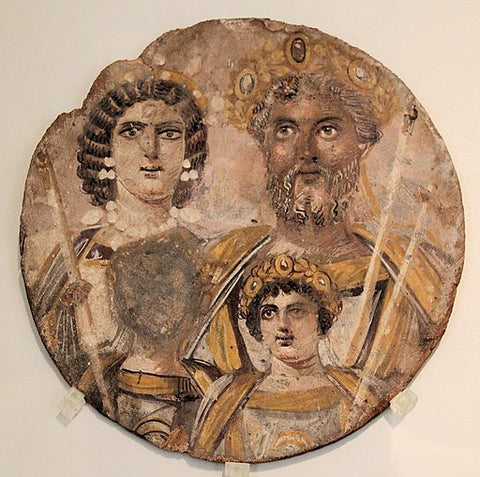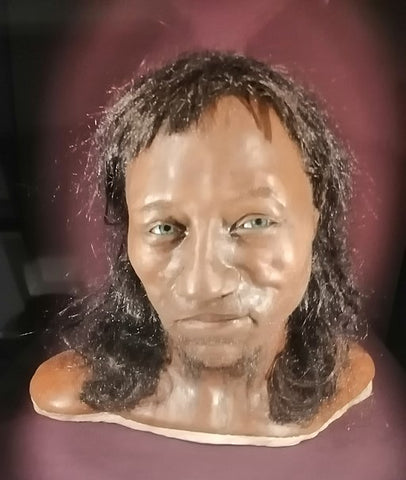As part of our mission to decolonise the curriculum, PlanBee is committed to producing resources which rethink, reframe and reconstruct the way that our children learn about the world, its history and its people. Our pledge is:
To question all aspects of the curriculum we create and take action to ensure that people featured in our lessons are well-represented—truthfully, accurately and fairly—regardless of race. This includes their colour, ethnicity and nationality.
To ensure that the lessons we create represent, speak to, and inspire all children, whatever their race.
Learn more about our pledge to decolonise the curriculum here.
Our decolonised resource collection
Over the past year, our small team of bees have been working to create resources which challenge Euro-centric biases and which offer children and educators a fuller, fairer and more truthful representation of the diversity and complexity of the world, its histories and its peoples. Our growing collection of resources, which includes schemes of work about The Zulu Kingdom, The Windrush Generation and The Caribbean, can be found here.
Our current decolonisation work
Right now, we are questioning and improving our existing early British history schemes (pre-1066). Our intent is to create a reconstructed set of resources which support children and educators to understand the rich, diverse and complex history of the peoples of Britain and to address the harmful misconceptions which children develop through exposure to over-simplified accounts of history and stories in mainstream media. Having a full and faithful understanding of the past, not only helps us all to better comprehend the world we live in, it also fosters a stronger shared sense of belonging and cohesion.
How to start decolonising your curriculum
If you are looking to decolonise your early British history curriculum offer, here’s how you can take action and start to decolonise at your school.
Start with intent
Decolonisation is not an add-on. It should be at the heart and soul of your curriculum. So start with what you want to achieve by undertaking this work. What impact do you want to have on your children’s sense of self, sense of community and their understanding of Britain, past and present? Can you distill this into a child-centred mission statement? For example:
We want our children to:
… feel recognised and represented;
… understand that early Britain was diverse and complex;
… develop a more truthful, accurate and fairer understanding of Britain, past and present;
… think critically about different sources, perspectives and interpretations of history.
Can you agree a similar mission statement for your staff which supports their delivery of this work?

Question your offer and environment
What does the teaching and learning experience of early British History look like at your school? Look critically at the content, coverage and delivery of this part of the curriculum. Here are some questions to consider as you do:
- How can you better represent the diversity of cultures and ethnicities in early Britain?
- How do you identify and address children’s misconceptions about early British history?
- Do you provide children with a rich range of historical sources, including archeological evidence and oral histories?
- Where can you provide more opportunities for children to research and discuss differing experiences, perspectives, contributions and interpretations?
- How can you encourage children to challenge dominant narratives and think critically about the past, including issues such as: power, rights and representation?
Delivering an effective decolonised curriculum requires an inclusive school environment. Is this reflected in your school values? Do the policies, procedures and practices of your school contribute to an anti-racist culture? Do staff have the knowledge and skills, as well as access to the support required, to deliver a decolonised curriculum?
Continued Professional Development for all staff - leadership, teaching and support staff - is key. Make decolonisation and anti-racism a critical part of your school’s curriculum and environment by employing skilled practitioners and organisations from this field to work with you and your staff; set up a task force and make decolonisation an integral part of your school plan as well as a standing item on your staff meeting agenda. There are many individuals and organisations who work specifically with schools and Local Authorities to support their delivery of an anti-racist and decolonised curriculum (The Black Nursery Manager, The Black Curriculum, The Runnymede Trust).
Use decolonised resources to address misconceptions
Oversimplified accounts of history and stories in the media mean that children’s current understanding of British history reflects the dominant white narrative and does not accurately reflect the diverse experiences, perspectives or contributions of the Black, Asian and Minority Ethnic people of Britain.
In specific relation to early British History, children may have developed these misconceptions:
- Early Britain was mono-ethnic.
- Migration to Britain is a ‘new’ or 20th century phenomena.
- Black history in Britain begins with Transatlantic slavery.
When lesson planning, make sure you include opportunities to unpack and address these misconceptions with your children. You can do this by:
- talking explicitly with children about migration;
- selecting and examining case studies and historical sources which represent diversity; and,
- critically evaluating how our understanding of the past is shaped by what information is presented and how.
Talk about migration
This history of early Britain, long before colonialism, long before Britain became an island in c.6,500 BCE, is a history of migration.
Show children how early Britain was shaped by thousands of years of migration from groups across Europe, North Africa and West Asia. This includes the arrival of: the Beaker people c.2,500 BC; soldiers and citizens from across the Roman empire in the first century and multiple migrations during the fifth century, including Anglo-Saxon and Viking peoples.
Make sure children understand what migration is, as well as the variety and complexity of migration stories in early Britain and highlight significant changes in farming and building technologies, language, culture and politics brought to Britain during this period.
Share evidence of diversity
Challenge the dominant narrative by selecting and examining case studies and historical sources which demonstrate the ethnic diversity of early Britain. This could include examples such as the Aurelian Moors stationed at Hadrian’s wall and the wealthy Ivory Bangle lady from Roman-era Britain.
It could also include the north Elham and Fairford women and Ipswich man who, along with evidence from settlements, monuments, artefacts and burials, including the analysis of skeletons, teeth and grave goods, show that African people continued to be part of Britain’s settled communities long after the Roman soldiers left.
Explore varied experiences
Give children a fuller understanding of this period of history by sharing examples of the complex variation in the experiences of people living in early Britain. For example, North Africans have been present in British history since the Roman conquest (and possibly as early as the Bronze Age through trade). These people included: soldiers from across the Roman empire, Christian missionaries, merchants, craftspeople, musicians and artists, some of whom settled into local communities. It is now possible to tell what food and drink people ate as well as where they spent their childhood from analysing teeth and bones of skeletons.
Evidence from several burial sites shows that some African people living in Roman Britain were soldiers, some were likely wealthy merchants and others peasants. We also know of Africans who held positions of power and influence in the church and state, including the Roman Emperor, Septimus Severus, who campaigned in Britain (208-211) and Hadrian of Canterbury, an important Christian Abbot of the seventh century. Explore visibility and variety with your children.

Question our understanding of the past
New discoveries and research can alter our understanding or interpretation of the past. For example, analysis of the Neolithic Cheddar Man suggests that early settlers in Britain had dark skin and hair with blue or green eyes. Current thinking is that fairer skin and hair were introduced to Britain later, such as through the migration of the Beaker people in c.2,500BC.
Most importantly though, question why children might believe that the early inhabitants of Britain were phenotypically white. Take the opportunity to discuss that, while we have been viewing the world through the lens of race for over 500 years and the realities of racism are very real in today's societies, the social construct of 'race' and the racial terminology 'Black' and 'white' did not exist prior to the 16th century.

Create an inclusive environment
Visual representation matters and it is one of the clearest ways to help children connect with the diversity of early Britain. Without images, accounts or artefacts which represent people from diverse backgrounds or provision of equipment such as skin tone pencils and crayons, how can children represent diversity within their own work? Make sure that the resources you use and supply in the classroom do not limit how children will respond to the historical material and discussion.

Our decolonising aim
Our team is working hard to decolonise all our new and existing resources so that educators can rely on our schemes of work to provide all children with a diverse and representative curriculum which speaks to and inspires them.
Find all our early British History Schemes of work on our Primary History Curriculum page.







